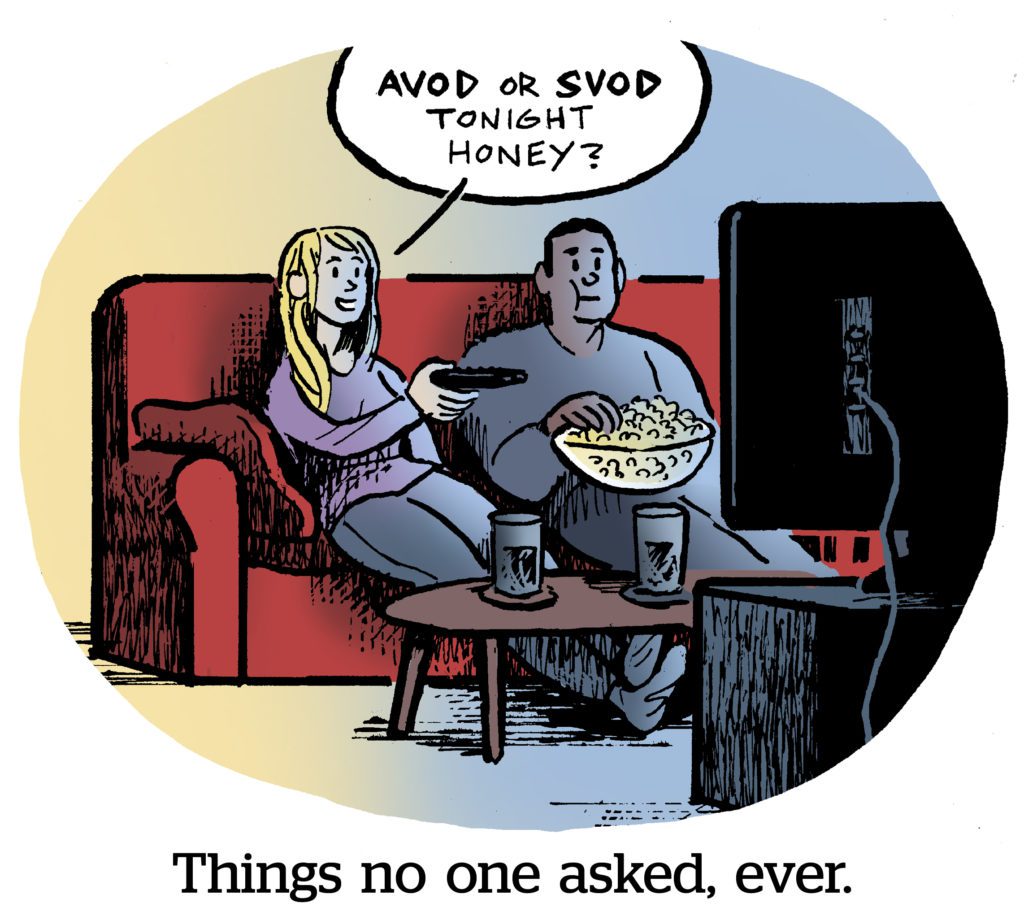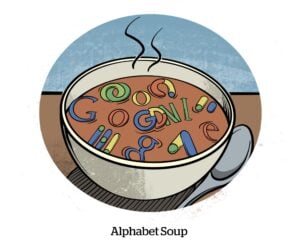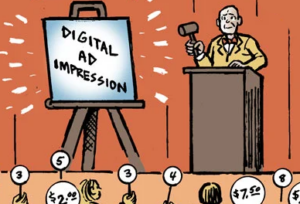Here’s today’s AdExchanger.com news round-up… Want it by email? Sign up here.
The AdExchanger team will be taking Monday off for Labor Day! Our daily newsletter will return on Tuesday, Sept. 3.
HDMI Spy
Roku might soon run ads every time you pause a Blu-ray, Marketing Brew reports.
A recent filing to the US Patent and Trademark Office outlines plans for technology that could display ads over any paused content played on a connected device.
Roku’s not the only company interested in this kind of ad placement, of course. Netflix is also currently testing pause ads, and Amazon Prime Video introduced them earlier this year. Meanwhile, Max, Peacock and Hulu have had pause ads for years.
The difference, however, is that Roku’s patent is for “HDMI customized ad insertion,” meaning it would affect anything being played on third-party hardware, including DVD or Blu-ray players, video game consoles and Apple TV devices.
This would certainly increase CTV ad supply – not that programmatic fill rates on streaming are all that great, at least according to recent research. Regardless, it would surely come at the expense of annoying the types of users who still buy physical media, to say nothing of those who might be pausing to actually see what’s on their screens. (How are any of us going to play a turn-based RPG ever again?)
The Price Is Wrong
The kickbacks required to play in the retail media market might eventually shut out all but the biggest brands, an anonymous agency exec tells Digiday.
The unnamed exec accuses retailers of requiring brands to advertise on their retail media networks (RMNs) to secure in-store shelf space. That’s a barrier to entry for smaller brands that typically can’t afford RMN CPMs, which can be $25 or higher.
RMN prices skyrocket when advertisers apply retailers’ granular data for targeting. “If you want to be super specific about somebody who bought the 12-pack or the 24-pack of blah, blah, blah product,” the agency exec says, then RMNs have you covered.
Smaller brands can work around RMNs’ exorbitant data pricing by using cheaper alternate data sets, such as a credit card company’s data on shoppers who recently charged a Costco purchase.
However, agencies want brands paying those $25 CPMs, the exec says, because then they can convince clients they “need a gazillion dollars to go to market.”
Retailers won’t change the status quo, because they’re enjoying the new revenue RMN data brings to the table, the exec adds. But if things don’t change, RMNs will eventually starve themselves of demand from everyone but big-name brands.
A New Spin On ESPN
The strength of the ESPN brand isn’t enough to save it from the decline of cable TV.
Naturally, the shift to streaming is why Disney plans to add ESPN+ to the Disney+ app later this year and launch ESPN+ as a standalone streaming service next year. The House of Mouse also intends to include ESPN+ in its sports-focused streaming venture with Fox and Warner Bros. Discovery, assuming the venture isn’t blocked due to anticompetitive concerns.
But distribution means little if streaming users aren’t actually watching and engaging with the channel. Which is why it’s an ethos shift that will define ESPN’s next era, Axios reports. Specifically, ESPN is leaning heavily into sports betting and social media, executives told reporters during a press roundtable earlier this week.
Over the next month, for example, ESPN will open more retail sportsbooks and launch ESPN Bet in New York. ESPN is also committed to building its social media presence, touting its current TikTok following of more than 47 million.
As a media company, “people [are] telling you what they want, not just by watching your show, but [by] what they’re not watching,” says ESPN host and journalist Stephen A. Smith.
But Wait, There’s More!
Major websites and platforms, including The New York Times and Facebook, have already opted out of Apple’s web scraping. [Wired]
The California legislature passed a sweeping AI safety bill, but it’s unclear if Governor Gavin Newsom will sign it into law. [Politico]
And here’s how advertisers could be impacted by another proposed California bill that requires labeling AI-generated content. [The Drum]
Not to be outdone by the US government, Yelp has also filed an antitrust lawsuit against Google. [The Information]
How Google ads are funding disinformation campaigns in India. [Bellingcat]












